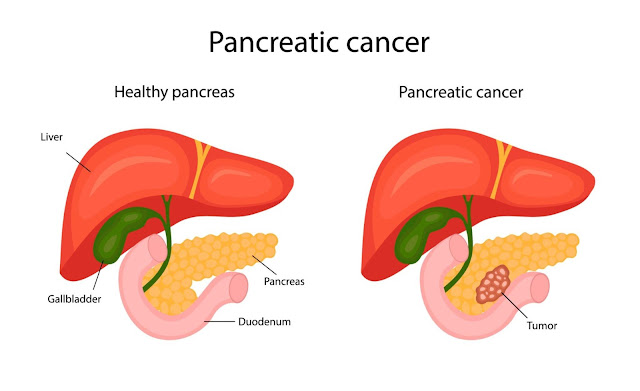CyberKnife Radiosurgery for Astrocytoma: Benefits, Procedure & Recovery
Modern neuro-oncology has been transformed by CyberKnife Radiosurgery for Astrocytoma, offering precision, minimally invasive care, and rapid recovery for patients with both newly diagnosed and recurrent brain tumors. With advances like the CyberKnife S7, India’s leading hospitals such as Valentis Cancer Hospital deliver sophisticated therapy for even the most complex brain lesions.
Here’s what you need to know about this breakthrough technology, its benefits, the step-by-step procedure, potential outcomes, and why CyberKnife treatment in India is a game-changer for astrocytoma care.
What is Astrocytoma?
Astrocytomas are tumors originating from astrocytes, a type of glial cell in the brain and spinal cord. They range from low-grade (slow-growing) to high-grade (more aggressive, as in glioblastoma). Symptoms often include headaches, seizures, vision changes, weakness, and cognitive issues.
What is CyberKnife Radiosurgery?
CyberKnife is a non-invasive, robotic stereotactic radiosurgery system. Unlike open surgery, it delivers focused, high-dose radiation using real-time imaging to target tumors including deep or previously inoperable astrocytomas.
CyberKnife S7 is the latest generation enhancing precision, comfort, and reducing treatment time through advanced imaging, robotics, and dose delivery.
Benefits of CyberKnife Radiosurgery for Astrocytoma
Non-invasive: No incisions, anesthesia, or scalpels required.
Sub-millimeter precision: Reduces radiation exposure and side effects to surrounding healthy brain tissue, supporting faster and safer recovery.
Ideal for recurrence or hard-to-reach tumors: Offers hope for patients deemed inoperable or with tumors deep within the brain.
Outpatient treatment: Usually completed in 1–5 sessions, with immediate return to normal activities.
High tumor control: A systematic review found local tumor control rates above 90% at 1-3 years for high-grade gliomas (including anaplastic astrocytoma) treated with CyberKnife, especially when combined with chemotherapy.
Minimal side effects: Most patients report only mild, temporary fatigue or headaches.
Can be repeated: Suitable for recurrent disease, allowing for further therapy if tumors reappear.
The CyberKnife S7 Procedure: What to Expect
Consultation & Imaging: MRI/CT (sometimes PET) scans are performed to define tumor location, size, and relationship to sensitive structures.
Treatment Planning: Expert radiation oncologists and physicists use advanced software to shape a precise radiation plan, sparing vital brain tissue.
Fiducial Placement: For select deep or moving tumors, tiny markers may be placed to enhance accuracy.
Treatment Delivery: Sessions are painless. You lie comfortably on the treatment table; CyberKnife S7’s robotic arm moves around you, targeting the tumor from multiple angles.
Post-Treatment & Recovery: Most patients go home immediately, resuming regular life within hours. Follow-ups monitor tumor response, using MRI or clinical assessment.
Outcomes & Recovery
Effectiveness: Long-term studies show high progression-free survival and excellent local tumor control for many astrocytoma patients treated with CyberKnife sometimes over 90% at 3–5 years.
Side Effects: Acute effects are rare; most are mild (fatigue, headache). Serious complications are below 5%, especially with expert planning and newer technology like S7.
Recovery: Patients typically return to normal activity within days; ongoing monitoring ensures any late effects are caught early.
CyberKnife Treatment in India
India now offers world-class CyberKnife S7 technology at a fraction of the cost in Western countries. Top hospitals deliver this advanced therapy supported by expert neuro-oncologists, physicists, and imaging teams.
Why Choose Valentis Cancer Hospital?
Valentis delivers leading-edge CyberKnife treatment in India for astrocytoma:
- Access to CyberKnife S7 for the latest in accuracy and safety.
- Comprehensive care: Multidisciplinary teams, rehabilitation, and long-term follow-up.
- Experience: Management of complex, recurrent, and radiation-resistant brain tumors.
- Personalized planning: Focus on protecting neurological function and quality of life.
Conclusion
CyberKnife Radiosurgery for Astrocytoma with S7 represents the best in modern cancer care offering non-invasive, precise, and effective treatment with minimal disruption. For those seeking advanced, patient-centered options in India, hospitals like Valentis Cancer Hospital offer expertise and hope for lasting recovery.
.png)




Comments
Post a Comment